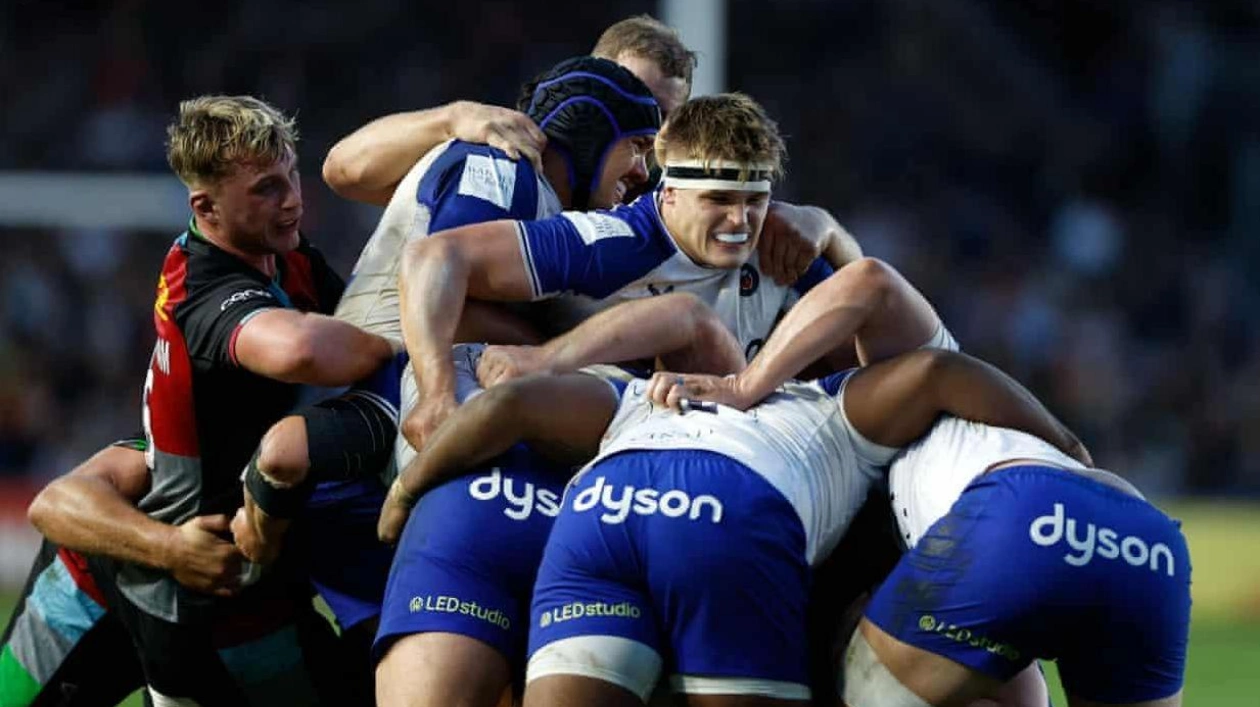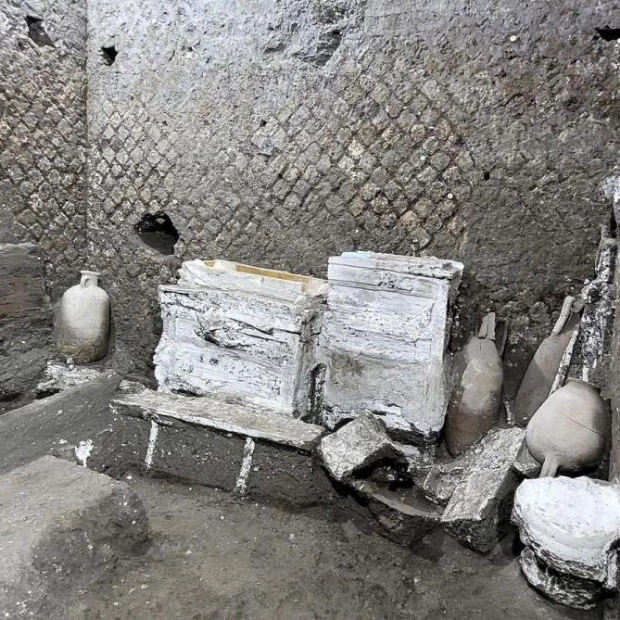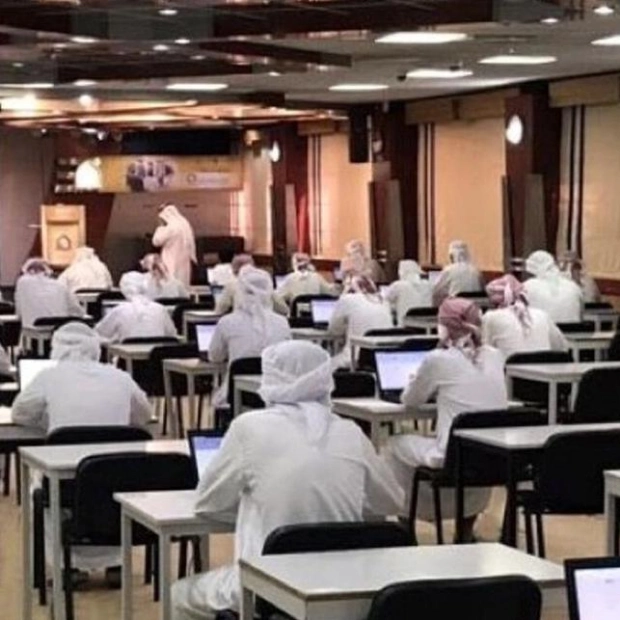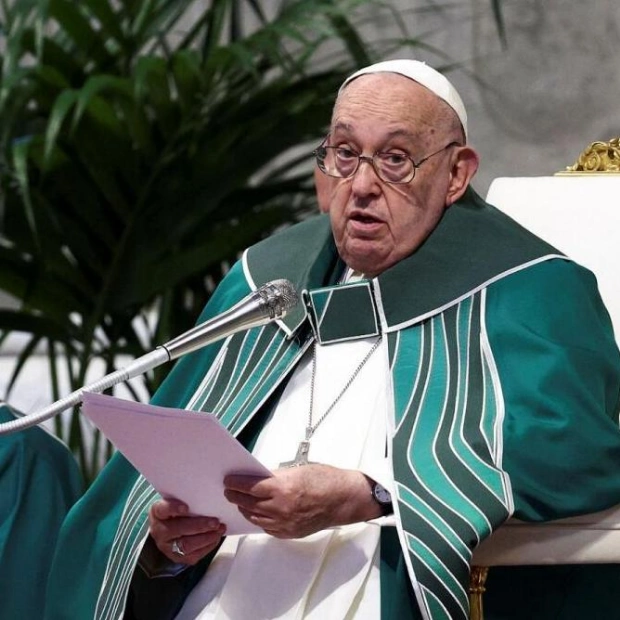The recent report from the Rugby Football Union on schools rugby is clear and unambiguous. The message is stark: immediate action is required, or the sport will face a decline in relevance. Regardless of one's stance on non-contact or reduced contact initiatives, the RFU has at least acknowledged the issue. This problem is as much societal as it is about the sport itself. Parents are increasingly hesitant about rugby in a more risk-averse environment where football dominates. Rugby is perceived as complex, dangerous, and exclusive, often seen as a sport for 'posh white boys,' according to the report, and is largely unfamiliar in most state schools.
Meanwhile, England's age-grade teams are thriving. This juxtaposition is what the RFU must grapple with, and it spends much of its time doing so. The challenge lies in balancing the professional side of the game with the amateur or grassroots level. This tension is evident in its outdated governance and the constant financial struggles. One might expect the RFU to allocate more than the reported £5m to address the schools issue if the age-grade teams start to falter, but the pathway itself was in disarray not long ago. The development department was understaffed, yet the union managed to halt the decline, culminating in a Junior World Cup victory this summer under Mark Mapletoft's leadership.
The goal now is to ensure that these young talents do not stagnate; they need opportunities to develop with game time at their Premiership clubs. Ironically, while school participation is declining, successful age-grade players face a bottleneck at the senior level. However, the early signs of this season offer some hope. Players like Afo Fasogbon, Asher Opoku-Fordjour, Archie McParland, Henry Pollock, Ben Redshaw, and Nathan Michelow have all made appearances in the Premiership this season. This could be a sign that the Professional Game Partnership is working, or it might just be a result of smaller squads in a smaller league, but progress is evident.
Mapletoft notes that England cannot control the direction clubs want to take. For instance, Fin Smith moved to Northampton and got a chance when Dan Biggar left for Toulon, but breaking into a squad with Finn Russell at Bath is another story. Sometimes, it comes down to opportunity, but most coaches believe that top players will find a way. There is more momentum behind the pathway now, and the fruits of this effort are starting to show. The key is maintaining this momentum even when not every year produces top-caliber players. The dream is to have a steady conveyor belt of talent, even if there are good years and average years.
For those who take longer to emerge into the senior game, patience is crucial. Mapletoft emphasizes the importance of maintaining connections with his graduates, revealing regular contact with players like Henry Arundell, who is still unavailable for England while at Racing 92. The return of England A is significant. Last season's 91-5 victory over Portugal was not ideal for young player development but marked the first fixture of its kind in eight years. More fixtures against Australia A, Ireland, and New Zealand are planned for next year.
Mapletoft recalls playing in a Five Nations grand slam fixture against Wales when A teams had their own secondary competition. The A team is crucial for players on the fringes of the senior squad and for those progressing up the pathway who need to maintain their connection with England. Borthwick's commitment to continuity is evident, with more intrigue around the makeup of next month's A squad than the seniors. While Eddie Jones might have taken the opportunity to pick a few youngsters, Borthwick is not one to shuffle his pack just to keep everyone on their toes.
The result is that there were no surprises in his squad for the coming autumn Tests. This means players who have shone in the Premiership's opening rounds, eager to catch Borthwick's eye, remain on the outside. But for players like Bath's Guy Pepper, Saracens' Tobias Elliott, Fasogbon, and Opoku-Fordjour, the return of the England A side offers a platform.
Mapletoft concludes that the alignment from Under-20s to the A team and then to the seniors is crucial. International rugby is about winning, but the pathway's primary goal is to produce quality players and create alignment with the seniors. Culture and continuity are key.
Source link: https://www.theguardian.com






